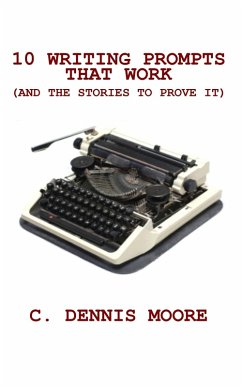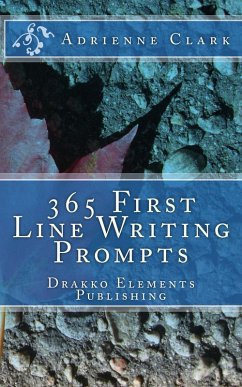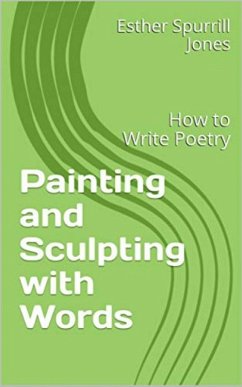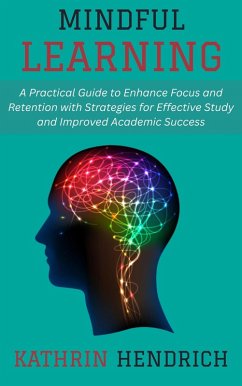
Perspective on Analytical Writing a Focus on Feature and Editorial Writing (eBook, ePUB)

PAYBACK Punkte
1 °P sammeln!
The writing of this book, Perspective on Analytical Writing a focus on Feature and Editorial writing, is based on the urge for students majoring in mass communication on the African continent, particularly those within the Economic Community of West African States (ECOWAS), to have a simplistic understanding of the course feature and editorial writing. It will be oblivious or a miss calculation to say that there are no texts books on feature and editorial writing on the African continent since I have not had the opportunity to extensively travel within Africa - but what could be safely said is...
The writing of this book, Perspective on Analytical Writing a focus on Feature and Editorial writing, is based on the urge for students majoring in mass communication on the African continent, particularly those within the Economic Community of West African States (ECOWAS), to have a simplistic understanding of the course feature and editorial writing. It will be oblivious or a miss calculation to say that there are no texts books on feature and editorial writing on the African continent since I have not had the opportunity to extensively travel within Africa - but what could be safely said is for over three decades since I completed my under graduate studies, I have not seen a text book on feature and editorial writing readily. Based on this experience, the book first endeavored in its starting to give students an insight on what an analytical writing is, beginning with a drill on perspective and gave a detailed and vivid picture of perspective thereby laying the basis to understanding what feature and editorial writing is all about. Although the core focus of the book is on feature and editorial writing, but as the title depicts "Perspectives on Analytical Writing," more emphases are placed on perspective and analytical writing in order to provide a deeper understanding for the students as a foundation to grasp the concept of feature and editorial writing. Also, the book featured research as a component to writing an appreciable feature and editorial piece. Added to research, other ingredients for writing good feature and editorials are also considered. They include opinion, persuasion and propaganda. Furthermore, since feature and editorial writings are within the scope of mass communication and journalism, it became imperative for the book to touch on the ethical aspect of the profession aimed at providing students the barometer of knowing what to do and not what to do while writing feature and editorial pieces. In its conclusive stage, the book dealt with the impact of editorial on political actors as it relates to their involvement in the process of national development. As you will come across in your reading, mass communication and journalism are catalysts to agenda setting in any society - therefore, it is expected that stakeholders, particularly those involved in the governance process of our countries in Africa to take clue from editorial articles, especially those that advocate for positive change to propel them to respond to the developmental needs of Africa. Now let's be practical and reflect on a simple analogy referencing a performance by a group of movie stars such as the late popular comedian, Peter Ballah of Liberia, Kekura Kamara with his popular movie "Malawala Balawala" of Liberia, Salla Kamara with his movie "Blood Diamond" of Sierra Leone, Mr. Ibu (John Okafor) with the show "Mr. Ebu and his son" of Nigeria or John Dumelo with the movie "the tie that binds" of Ghana. As these movie stars are performing in their movies, the viewers are fascinated with emotion, amusement and are thrilled by the performances while in their seats in the theatre, movie hall, or in their various homes. Just as the emotion of viewers is intrigued by the performances or movies, so feature and editorial write - ups are replica to evoking the emotion of the readers. The articles must create a scenario of curiosity to arouse or entice the readers. (This is the drama in feature and editorial writing).
Dieser Download kann aus rechtlichen Gründen nur mit Rechnungsadresse in A, D ausgeliefert werden.













